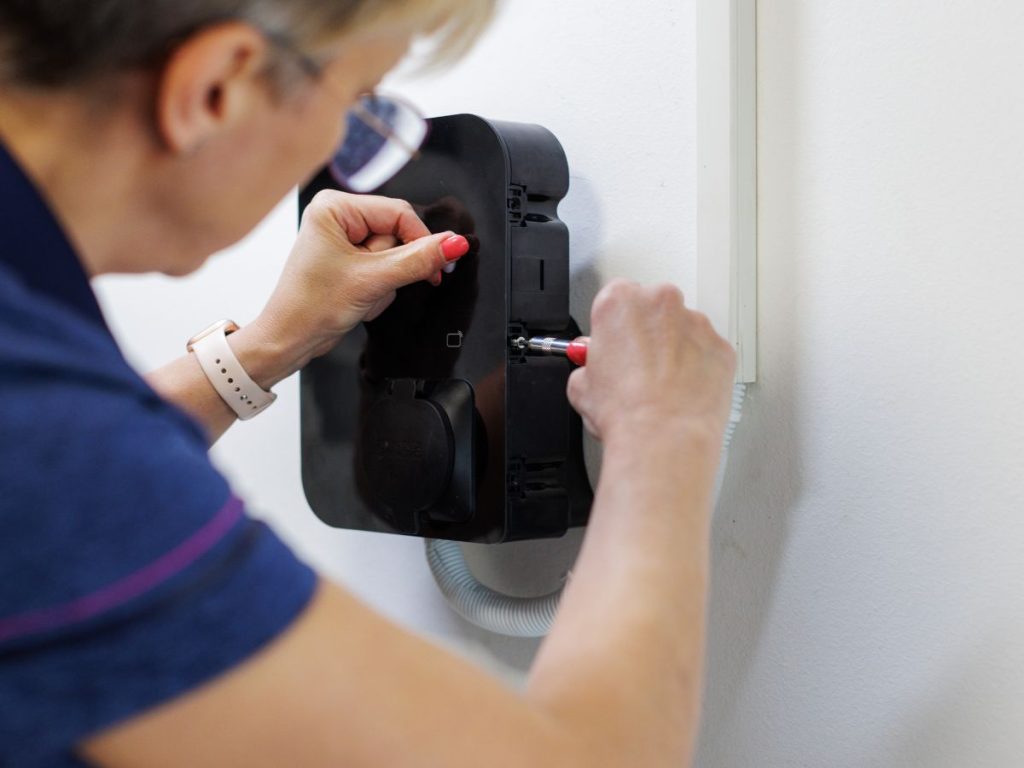You probably already own a whole range of devices that need to be plugged in at the end of the day. Your phone, computer and smartwatch can only operate on battery power for so long. Well, with Electric Vehicles (EVs) becoming more affordable by the day, you could soon have another device that needs to charge overnight.
EV sales are on the rise in Australia. They now account for 7.4% of all new cars purchased, and that means thousands of Australians are looking for ways to charge their cars at home.
But charging an EV isn’t quite as simple as charging your phone. EVs have huge battery capacities that can take many hours to charge using a standard wall socket. The solution is to invest in a dedicated EV charging station for your home. The right system can cut charging times down to a handful of hours, ensuring you always have enough power to get where you’re going.
At-home EV charging can be a little complex, so we’re going to look at the technology in more detail and help you choose the right type of EV charger for your home.

At-Home EV Chargers
Before we talk about choosing the right EV charger, we need to have a look at the three main types of at-home charging that are currently available in Australia:
| Level 1 Charging | Level 2 Charging (Single-Phase) | Level 2 Charging (Three-Phase) | |
| Charging Rate | 2.4kW to 3.7kW | 7kW | 22kW |
| Range Added Per Hour (approx)* | 17km | 48km | 155km |
| Estimated Charging Time (0-100%)* | 18 hours | 6 hours | 2 hours |
*Note: these charging times are calculated based on a battery capacity of 39kWh
Level 1 Charging uses a standard wall socket to provide a trickle charge. While this is the slowest way to recharge an EV, it’s also the cheapest solution, and it’s ideal for plug-in hybrid cars.
Level 2 Charging requires that you have a dedicated charging system installed by an electrician. Level 2 chargers are available for both single-phase and three-phase power supplies. Most Australian homes have single-phase AC power. Upgrading to a three-phase supply allows you to access much more power, which can cut EV charging times down to a matter of hours.
Choosing the Right Type of EV Charger
Modern EV chargers are compatible with most types of cars. While some manufacturers (such as Tesla) use proprietary plugs, you may be able to purchase an adapter, so you won’t be stuck with a charger you can’t use. With that said, it’s a good idea to choose a universal charging system that is suitable for your car. Talk to your electrician or vehicle manufacturer if you’re unsure which systems are compatible with your EV.
When selecting an EV charger you will need to consider:
- The make and model of your vehicle. Not all EV chargers are compatible with all vehicles. Consult the owner’s manual to see how fast your EV can be charged, and then select a charging system that provides the right amount of power for your make and model.
- How you use the vehicle. You may not need a Level 2 charger if you only drive a short distance each day, or you may need to upgrade to three-phase power if you regularly drive long distances.
- Vehicle battery capacity. Every EV has a slightly different battery capacity. This affects how long it takes to charge the vehicle, and it can have an impact on which type of charger is right for you.
- Full electric vs plug-in hybrid. Plug-in hybrid EVs have much smaller battery capacities. This means they typically don’t require Level 2 or three-phase charging.
How Much Does an EV Charger Cost?
You can expect to pay between $500 and $5,000 to install an at-home EV charger. The total cost of the project depends on whether you select Level 1 or Level 2 charging, and any additional expenses, such as upgrading to three-phase power.
Three-phase chargers cost between $1,000 and $2,000, but the total cost of the project will be higher. If you want to take advantage of three-phase charging then you’ll need to upgrade to a three-phase service, and you may also need switchboard and wiring upgrades.
The cost of your EV charger is also affected by:
- The age of the wiring in your home
- The age and condition of your switchboard
- The distance between the electricity supply and where you want your charger located
- The type of EV charger you are installing
- Whether cables need to be run to external areas, such as carports and driveways
Speak to your electrician for a quote. They will be able to find an EV charging solution that fits within your budget.

Upgrade Your Home with an EV Charger from Martel Electrical!
Buying an electric car is one of the best things you can do for the environment. It’s also a great way to cut back on your own expenses! The only thing to keep in mind is that you’ll need somewhere to charge the car, and Martel Electrical is ready to help.
Martel Electrical is an experienced electrician working throughout Brisbane’s Northside. We install Level 1 and Level 2 EV chargers in homes and businesses, ensuring you have the power you need to get on with your day. Our team can handle every part of the process. From helping you select a charger to supplying the unit, installation, wiring upgrades, switchboard upgrades and more.
We make EV charging recommendations based on your budget, vehicle and how often you drive. That means we can specify a charging system that will keep your EV ready for everyday use. Contact us today if you’d like to find out more, or book an appointment if you’re ready to install an EV charger!
